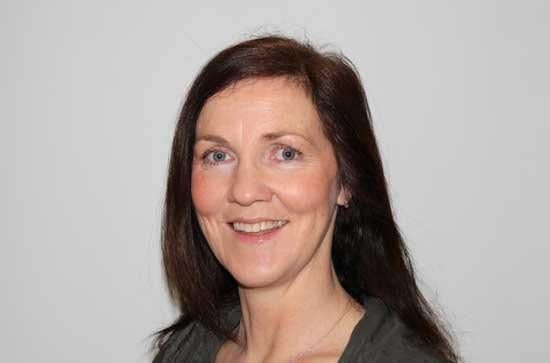Title of talk/provocation – Educational research: from exclusive club to inclusive hub
Dr. Dr Céline Healy, Maynooth University Department of Education
Biography
 Dr Céline Healy is a lecturer in education at Maynooth University Department of Education where she teaches across a range of programmes from initial teacher education to PhD. She is programme director of the Masters of Education. She is vice-president of the Education Studies Association of Ireland. Céline is a member of the Foreign Languages Advisory Group which advises on the implementation of Languages Connect – Ireland’s Strategy for Foreign Languages in Education 2017-22. She is chair of the Leaving Certificate Foreign Languages Development Group, for the National Council for Curriculum & Assessment, which recently developed new senior cycle specifications in Lithuanian, Mandarin Chinese, Polish and Portuguese. Her current research interests centre on teaching and learning, with particular reference to second language education, creative pedagogies, and initial teacher education.
Dr Céline Healy is a lecturer in education at Maynooth University Department of Education where she teaches across a range of programmes from initial teacher education to PhD. She is programme director of the Masters of Education. She is vice-president of the Education Studies Association of Ireland. Céline is a member of the Foreign Languages Advisory Group which advises on the implementation of Languages Connect – Ireland’s Strategy for Foreign Languages in Education 2017-22. She is chair of the Leaving Certificate Foreign Languages Development Group, for the National Council for Curriculum & Assessment, which recently developed new senior cycle specifications in Lithuanian, Mandarin Chinese, Polish and Portuguese. Her current research interests centre on teaching and learning, with particular reference to second language education, creative pedagogies, and initial teacher education.
Overview of talk/provocation
We engage in educational research to ask questions about and to critically comment on all matters educational. We do this to ensure that our decisions, our planning, and our practice in education are informed by evidence, by national and international research. This research is, in the main, carried out by professional researchers and their research students. It is published in educational research journals to make it accessible to a wider public, for wider impact. But who reads these journals? There is a danger that educational research journals can become final resting places for research, read only by other researchers and their students. It could be argued that educational research journals are like writing-reading clubs for researchers; clubs which are seldom penetrated by those from outside this circle. The journals have a language that is not easily understood by non-club members. Indeed, their content may not be perceived to be of interest to those outside the club. Too often they are available only to those who are paid-up members of the association. If educational research is for the good of all then it should be made available to all. How can membership be widened and made more diverse so that the research journal becomes more inclusive and relevant to all those involved in education? Until the educational research journal becomes a meeting place for researchers, policy makers, curriculum developers, teachers, and all with an interest in education, it’s potential to question and inform practice in education will not be attained. It will not reach the wider public, will not have wider impact. How can educational research journals replace their exclusive clubs with inclusive hubs, to facilitate interaction, exchange, and collaboration among all interested parties, at all stages of the research process? In this provocation I will look at how we might address these issues with reference to the Educational Studies Association of Ireland.
